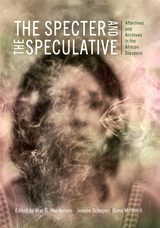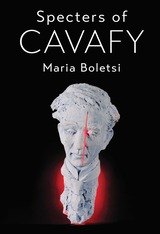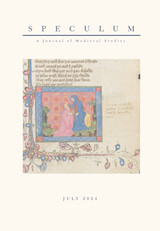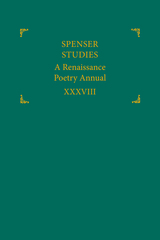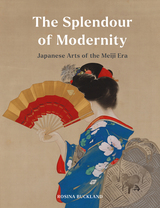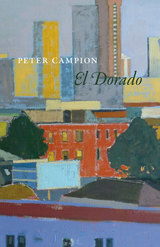
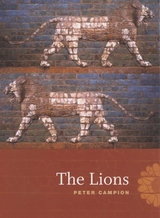
Big Avalanche Ravine
Just the warning light on a blue crane.
Just mountains. Just the mist that skimmed
them both and bled to silver rain
lashing the condominiums.
But there it sank on me. This urge
to carve a life from the long expanse.
To hold some ground against the surge
of sheer material. It was a tense
and persistent and metallic shiver.
And it stayed, that tremor, small and stark
as the noise of the hidden river
fluming its edge against the dark.
In his second collection of poems, Peter Campion writes about the struggle of making a life in America, about the urge “to carve a space” for love and family from out of the vast sweep of modern life. Coursing between the political and personal with astonishing ease, Campion writes at one moment of his disturbing connection to the public political structure, symbolized by Robert McNamara (who makes a startling appearance in the title poem), then in the next, of a haunting reverie beneath a magnolia tree, representing his impulse to escape the culture altogether. He moves through various forms just as effortlessly, as confident in rhymed quatrains as in slender, tensed free verse. In The Lions, Campion achieves a fusion of narrative structure and lyric intensity that proves him to be one of the very best poets of his generation.
Praise for Other People
“Campion is a poet who knows that what a poet sees is nothing without a mixture of formal prowess and emotional insight.”—David Biespiel, The Oregonian
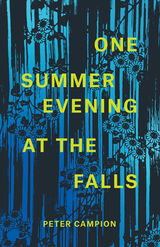
That charge of summer nights, that edge, like everyone’s checking
everyone out. Lingering a moment in the crowd
gathered to watch the rush and crash and let the mist
drift upward to our faces, I’m here: the future feels
open again. Even alone tonight—still: open.
Campion’s poems introduce us to a range of people, all of whom are rendered with distinctiveness and intimacy. Their voices proliferate through the collection, with lyric folding into speech, autobiography becoming dramatic monologue, and casual storytelling taking on a ritualistic intensity. The poems in One Summer Evening at the Falls show how each character and each moment can be worthy of love and that this love both undoes us and makes us who we are. In narrative and lyric, in formal verse and free, Campion brings contemporary playfulness together with his classical talent to create this far-reaching and tender collection.
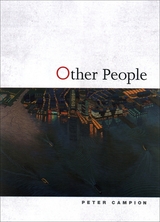
Fast transparency that explodes the fuel and air
in the cylinder and shuts the intake valves and thrusts
down on the piston so the crankshaft spins and spins
you cut through all material that blocks your way
so fast that driving now past rushes and billboards
this pull to her could be your own impersonal presence
cloaked in the day to day of the malls and condos
all those wired sensors keeping on guard for you
except you flicker even inside the wet wall
where papillary muscle makes that sweet pulsation
in whatever room she's moving through this moment
under the cotton and the cool smoothness tinted blue
In this debut collection, Peter Campion explores both the gaps and the connections between the self and others. Like the "night blooming jasmine leaving its warm trace," these poems arise out of the dark. A man awakens in a hotel room to find the neighboring voices merging with the anguished souls of his nightmare. A woman living alone beside the ocean hears the words of the dead echo in the crashing waves. But if these poems convey a feeling of an enduring emptiness, they also offer us the most vital intimacies. In one poem, two lovers traverse the industrial sweep of strip malls and office towers to arrive at their rendezvous. In another, the seemingly simple memory of a mother playing with her sons at a park bridges a chasm of pain and loss.
With great poise, keen insight, and formal skill, Campion moves between shared experience and interior life in the shifting textures of Other People. Whether writing in rhymed couplets or free verse, he matches a deep understanding of the poetic tradition with his own imaginative feel for structure.
"The 'other people' of the title of this extraordinary book are fully alive in the life of its language; and so is the poet observing them, and observing himself, as one of them. The book is a sympathetic and unsentimental instrument of truth."—David Ferry
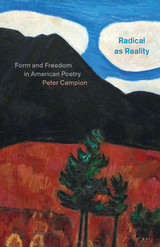
Through close readings of the great modernists, midcentury objectivists, late twentieth-century poets, his contemporaries, and more, Campion unearths an American poetic landscape that is subtler and more varied than most critics have allowed. He discovers commonalities among poets considered opposites, dramatizes how form and history are mutually entailing, and explores how the conventions of poetry, its inheritance, and its inventions sprang from the tensions of ordinary life. At its core, this is a book about poetic making, one that reveals how the best poets not only receive but understand and adapt what comes before them, reinterpreting the history of their art to create work that is, indeed, radical as reality.
READERS
Browse our collection.
PUBLISHERS
See BiblioVault's publisher services.
STUDENT SERVICES
Files for college accessibility offices.
UChicago Accessibility Resources
home | accessibility | search | about | contact us
BiblioVault ® 2001 - 2024
The University of Chicago Press


